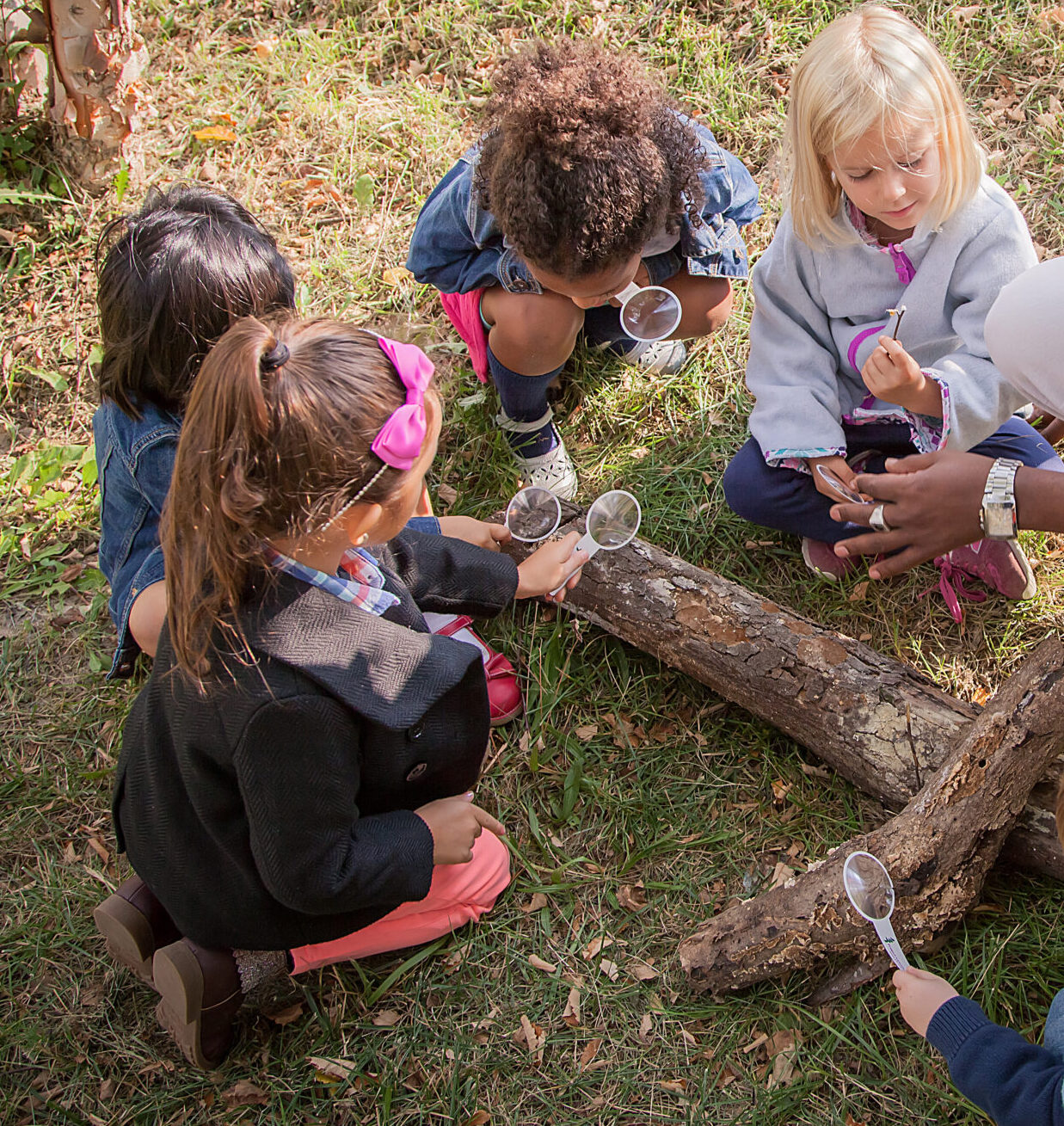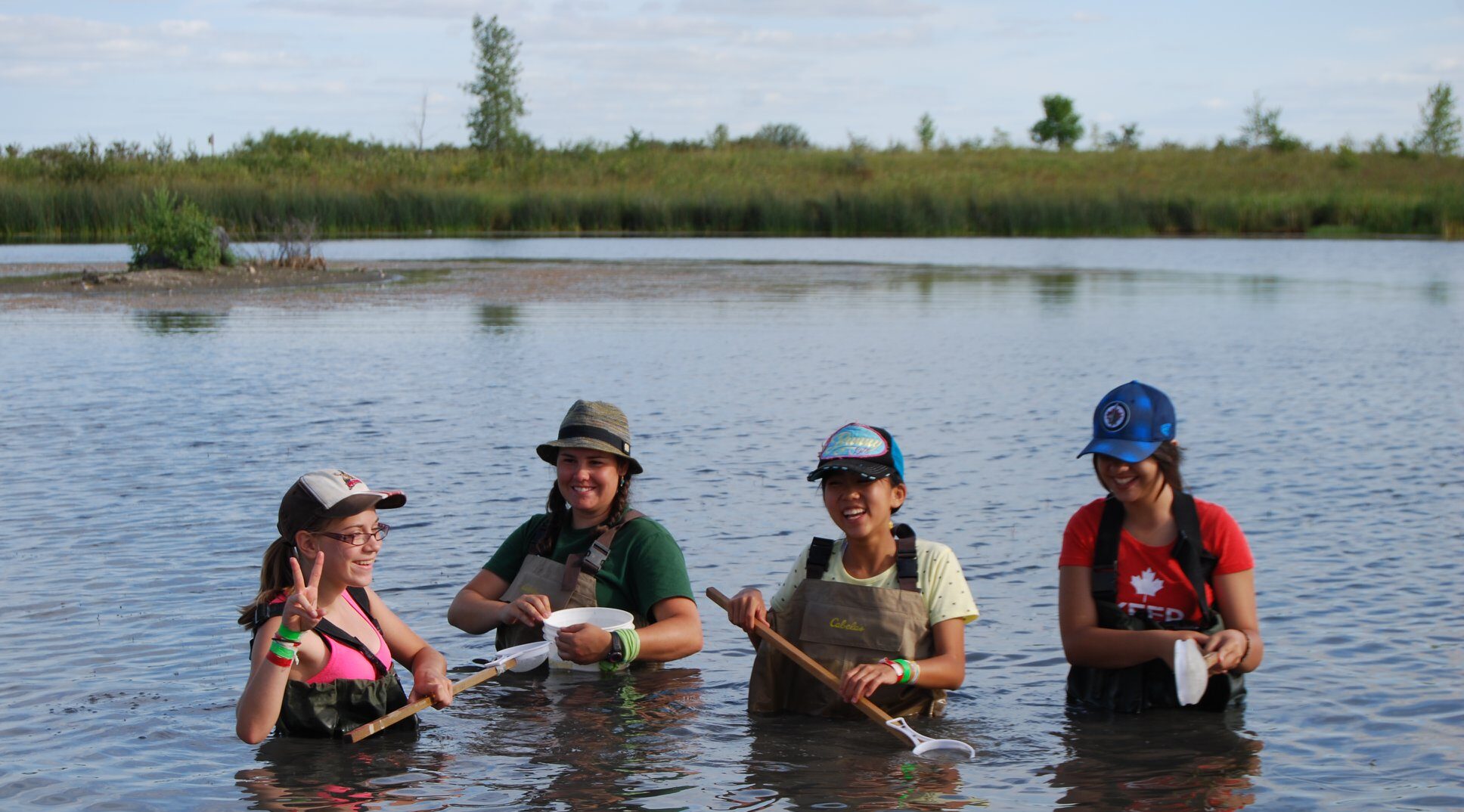The NEC has identified the need for a common framework to ensure quality nature education for youth. To that end, the NEC has developed a series of learner outcomes in the areas of climate change, biodiversity, and social-emotional learning.
This common framework guarantees consistency of learning across programming of those who adopt them. It also provides a means to collect meaningful data to measure relevance and impact, enabling us to adapt accordingly in order to ensure the highest quality of nature-based education possible for all Canadians.



Why nature-based education?
Nature-based education is a complex, multidimensional field that encompasses various approaches to teaching and learning about the natural world. At its core, nature education goes beyond just the acquisition of knowledge; rather, it aims to help learners develop a deep connection to—and appreciation for—nature. This affective bond motivates individuals to adopt environmentally conscious behaviours and an overall ethos of ecological stewardship. Nature education is a central component of national and global efforts to confront the urgent social and environmental issues of our time. It is through equipping future generations with the requisite knowledge, skills, and values that we will build a sustainable future.
Nature-based education:
- helps to maintain ecosystem health, sustainability, and resilience by promoting ecological literacy and pro-environmental attitudes and behaviours;
- inspires appreciation for Canada’s unique natural heritage as well as the ecological services and communities which transcend national borders;
- fosters acknowledgement of and respect for Indigenous worldviews, knowledges, and systems of governance, including First Nations rights and responsibilities for land and water;
- improves educational practice, by providing effective approaches that enhance student academic performance, motivation, skill development, and engagement across various subject areas;
- fosters physical and mental health amongst young people and the broader population;
- facilitates Canada’s efforts to meet its international goals and commitments;
- provides a means for future-proofing Canada’s green jobs sector.

GET INVOLVED
The NEC is looking for school board partners in Winnipeg, Ontario, and New Brunswick who would like support implementing more nature-based education in their schools. Interested in receiving free school programs, field trips, teacher training, and a regional event? Contact Jessy at j_stjean@ducks.ca.

